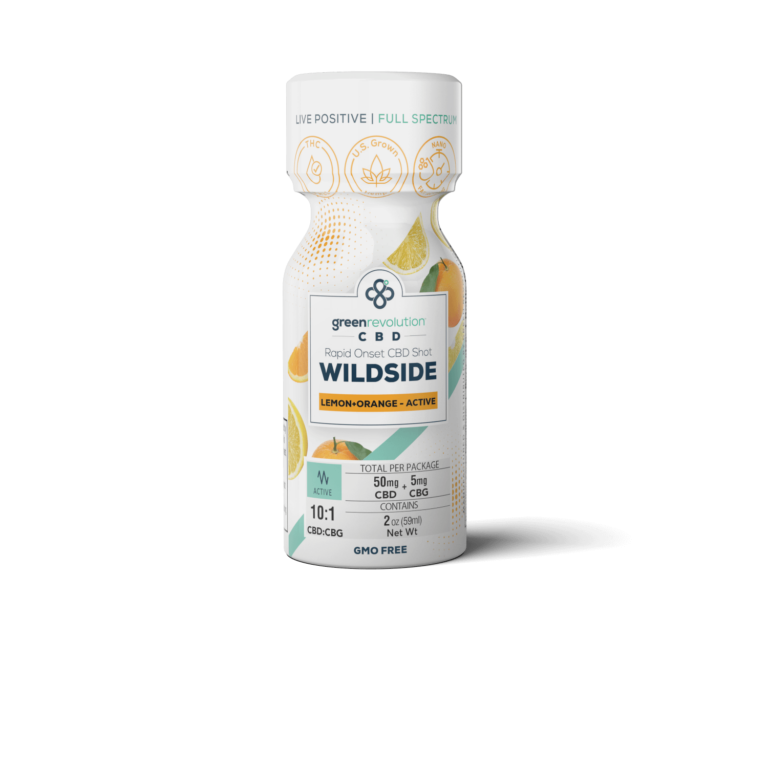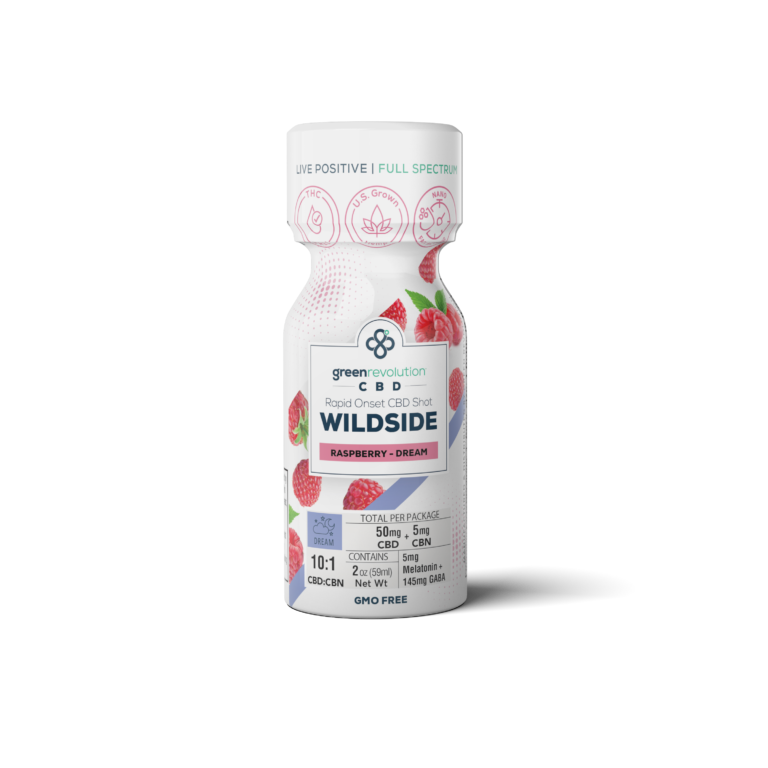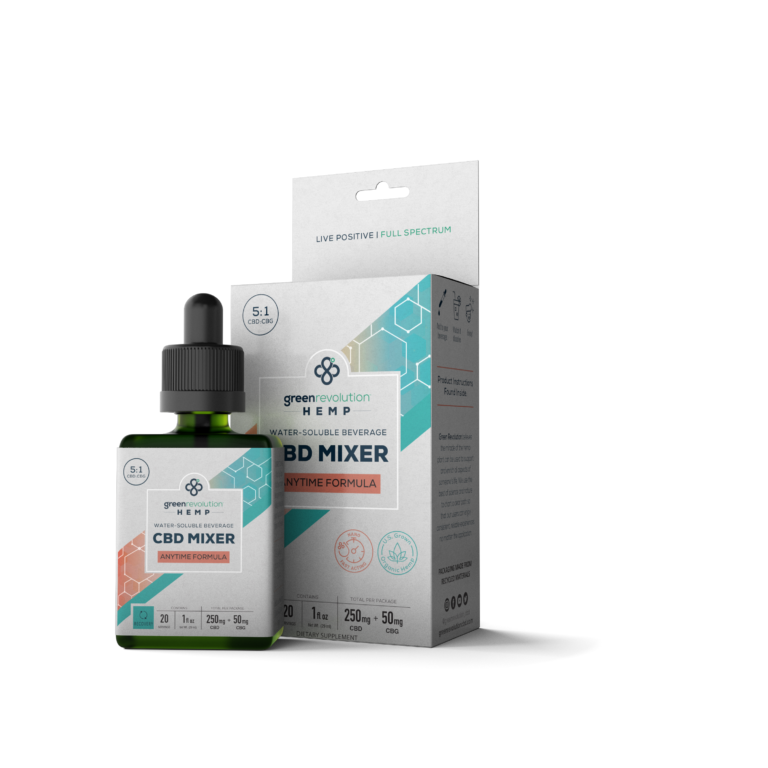The Ultimate Guide to CBG vs. CBD: Effects, Benefits, and Uses
This article will provide readers with a comprehensive understanding of the differences between CBG vs CBD, including their effects, benefits, and uses, to empower them in making informed decisions about incorporating these cannabinoids into their wellness routines.
What is CBG, and what is CBD?
CBD (Cannabidiol) is the second most prolific compound in the cannabis plant. It is 10% of the chemical composition of hemp.
CBD is a non-intoxicating phytocannabinoid, so it does not make you high like THC does.
What is the difference between CBD and CBG?
Chemical structure
With CBG vs CBD, there isn’t much difference in chemical structure. CBG and CBD have a chemical structure of C21H30O2. This means their chemical structure and molecular formula are the same, with 21 carbons, 30 hydrogens, and 2 oxygens.
Biological origin
The biological origins of CBD vs CBG are slightly different. CBG is unique and considered a “mother” or “parent” cannabinoid because when phytocannabinoids are synthesized from hemp, CBG is the first one to convert into other cannabinoids.
At its biological origin, CBG is known by its 2-carboxylic acid form: cannabigerol acid (CBGA). As the plant matures, it converts into three others:
- tetrahydrocannabinol acid (THCA),
- cannabidiol acid (CBDA),
- cannabichromenic acid (CBCA)
This leaves less than 1% of the CBGA. As the decarboxylation process begins, all four of those above, the THCA, CBDA, and CBCA, drop their extra “A’s,” and everything takes the forms we are more commonly familiar with:
- THC
- CBD
- CBC
- CBG
This means one difference between CBG and CBD is that CBG is present when the hemp plant is young, while CBD is not, and CBG converts into other cannabinoids while CBD does not.
Interaction with the endocannabinoid system
What is CBG vs CBD as it relates to the endocannabinoid system?
CBD is considered an antagonist to your body’s endocannabinoid receptors. So, not only is it non-intoxicating, but it blocks the psychoactive effects of things like THC by binding with CB1 or CB2 endocannabinoid receptors. CBG also binds to both receptors and interacts with your endocannabinoid system.
Binding with these two receptors is what makes it useful as a treatment for pain management and inflammation, and the fact that it does not produce a high means it is more reliable for long-term use without the risk of addiction, unlike opioid-based medications.
Potential therapeutic effects
One difference between CBD and CBG is the potential therapeutic effects. CBD is particularly useful in its treatment of:
- Chronic pain
- Cancer-related symptoms
- Nausea
- Insomnia
- Anxiety
- Depression
- Epilepsy
Research has found that CBD products can help people with diagnosed social anxiety disorder. Other studies have found that CBD, especially when combined with other cannabinoids, can be a useful medication to treat anxiety and depressive disorders.
Benefits
There are several benefits to CBD and CBG. As mentioned, CBD is also used to reduce nausea, inflammation, and manage pain. This makes it a viable compound for cancer patients who need to manage their nausea side effects from chemotherapy, as well as those who need help with arthritic pain. It is, as mentioned, non-addictive, so managing chronic pain is safer too. The FDA has approved a CBD-based prescription for rare forms of Epilepsy, too.
CBG can provide equal benefits for pain management, insomnia, and stress.
Psychoactivity
One difference between CBG and CBD is not their psychoactivity. In fact, neither of them are intoxicating phytocannabinoids. This means you won’t get a high from either.
Availability and usage
With CBG vs CBD, there may be differences in availability. For example, there are more products that contain CBD because it has been approved by the FDA and has been researched for a longer amount of time. You are more likely to find products that are exclusively CBD, but given the fact that new research has reviewed things like the Entourage effect, you can find products that combine several cannabinoids, including CBD and CBG.
Research and medical use
With CBD vs CBG, there is more research on the medical use of CBD because it has been approved by the FDA longer. However, new research continues to explore CBG too.
The Entourage Effect is a colloquial name given to the fact that certain medications work better together. With regular vitamins and minerals, this is called synergistic effects. For example, your body needs enough magnesium to properly absorb vitamin D, and vitamin D is necessary to absorb calcium, so products containing all of these can boost the effectiveness of your body’s absorption.
The same is true of cannabinoids.
With CBD vs. CBG or CBD vs. CBC, there are positive contributions gained when the body absorbs more than one terpene or cannabinoid at the same time. Some research suggests that combining multiple cannabinoids can increase the effectiveness of anxiety and depression in particular.
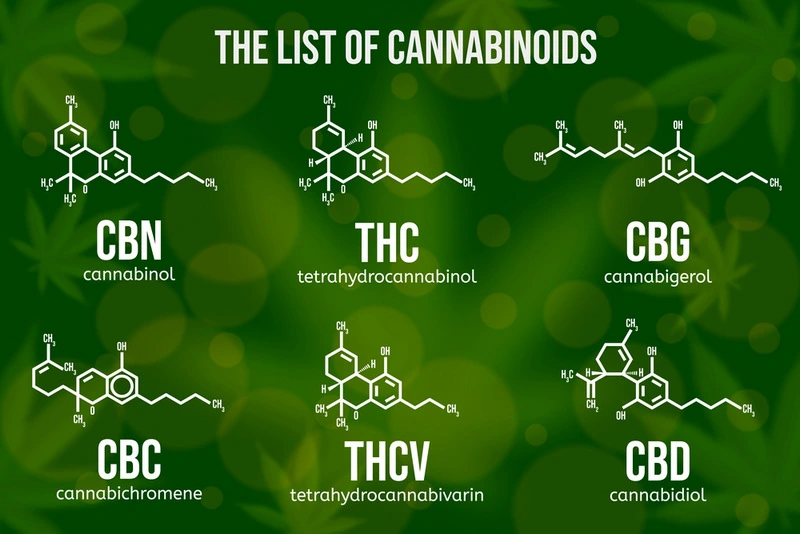
How to choose between CBD and CBG
Determine your specific needs and goals
If you are comparing CBG vs CBD, determine your specific needs and goals. In isolation, CBD may be more effective for chronic pain management, but if you are looking for treatment for things like depression or anxiety, a product that combines the two can enhance the anxiolytic effects.
Consult with a healthcare professional
Don’t be afraid to consult with a healthcare professional. This is very important if you have a diagnosed condition for which you need treatment, and it can also be useful in verifying whether there are potential contraindications with the medication you are currently on.
- If, for example, you are looking for treatment to manage symptoms of anxiety or insomnia, you can speak with the healthcare provider about switching from your current medication to a product that contains both CBD and CBG.
Consider full-spectrum and broad-spectrum products
Though both CBD and CBG are non-intoxicating, you can find what are called Full Spectrum CBD products. Full-spectrum CBD products can contain several cannabinoids as well as up to .3% THC. This means they will have a mildly intoxicating effect and can give you a high.
If that’s not something you’re looking for, a broad-spectrum product can still contain several naturally occurring cannabinoids like CBD and CBG, but it won’t have any THC in it, so you won’t get any high.
Personalized dosage and usage guidelines
You should also consider personalized dosage and usage guidelines. You might need to look at a chart to help you calculate CBD dosage based on your weight. You might need to take into consideration:
- Your weight
- Your age
- Your metabolism
- The severity of your symptoms
- Your tolerance
It’s always best to start with a low dose and monitor the effectiveness over several weeks before slightly increasing that dose and monitoring the effectiveness thereafter. Always read the usage guidelines for any product, and if you are unsure, consult with your healthcare professional.
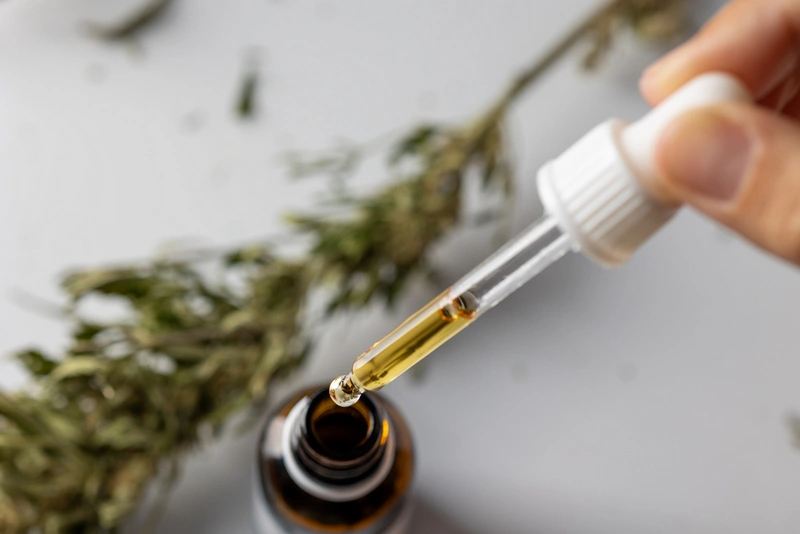
Summing Up
What is CBG vs CBD? They are both cannabinoids that can interact with your endocannabinoid system, providing therapeutic benefits and treatment for specific physical and mental health issues. Several studies confirm the efficacy of both and the fact that you don’t always need to choose between CBG vs CBD; you can find products that combine both to treat several symptoms at once.
However, it’s important that you explore the benefits of both cannabinoids and consult with a healthcare provider, especially if you are on any existing medication or are looking for treatment for specific diagnosed mental or physical health issues. Always keep yourself apprised of new research in health and wellness, particularly given the evolving landscape of CBG and CBD.
Frequently Asked Questions
CBG (Cannabigerol) and CBD (Cannabidiol) are both non-psychoactive cannabinoids found in the cannabis plant. The main difference lies in their chemical structure and the way they interact with the body’s endocannabinoid system, leading to different therapeutic effects.
The term “stronger” can be misleading. CBG and CBD have different effects, and one is not necessarily stronger than the other. Some people may find CBG more effective for certain conditions, like inflammatory bowel disease or glaucoma, while others may find CBD more beneficial for issues like anxiety or pain.
Yes, you can take CBD and CBG together. Combining different cannabinoids may enhance their therapeutic effects, known as the ‘entourage effect.’ However, it’s advisable to consult with a healthcare professional before combining them, especially if you have underlying health conditions or are taking other medications.




